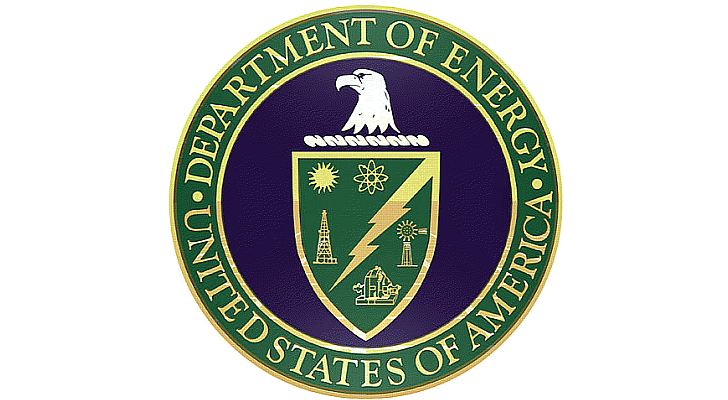Many of the ninety-nine operating nuclear power reactors in the U.S. were built in the 1970s with an intended lifespan of forty years. Many of those reactors have been granted an additional twenty years of life for a total of sixty years. The U.S. Department of Energy (DoE) is currently carrying out research and working in conjunction with utilities to extend the life of some nuclear power reactors up to eighty years.
Exelon Corporation and Dominion Energy Inc. have announced that they are planning on asking regulators to give eight reactors located in Virginia, Pennsylvania and Florida an additional twenty years of life for a total of eighty years.
About twenty percent of the electricity in the U.S. is generated by nuclear power. Cheap natural gas, subsidized renewable power and stagnant demand for electricity have made it difficult for nuclear power to compete in today’s energy market. Recently, some U.S. nuclear power reactors have become too expensive to operate and are being retired before their licensed lifetimes run out.
The ultimate authority to extend the license of a nuclear power reactors is held by the Nuclear Regulatory Commission. The Trump administration ordered a review of the nuclear power industry and possible ways to support it last June. Secretary of Energy Rick Perry recently came out with a proposal for subsidies to support coal and nuclear power but it was not adopted by Congress. The utility industry says that they appreciate the support from the President.
A spokesperson for the Nuclear Energy Institute lobbying group said, "You are talking about continuing the operation of a perfectly safe and reliable power plant. Make that comparison with the new construction of a plant. The cost savings are substantial." While the cost of retrofitting an existing nuclear power reactor may run into the hundred of millions of dollars, the construction of a new power reactor will cost billions of dollars. Southern Co. is building two new power reactors in Georgia. The estimated cost of the project has doubled to more than twenty-five billion dollars during construction.
Anti-nuclear activists point out that the old reactors are wearing out and each additional year of life granted increases the risk of major nuclear accidents. They cite the recent nuclear accident in Fukushima, Japan as an example of what could happen to old reactors in the U.S. The director of the energy program at the Washington-based watchdog group Public Citizen says, “These facilities were not designed to operate that long. The longer you extend the operating life of these facilities the more things can go wrong.”
Merely extending the lifespan of a power reactors does not help with the problem of competition from other energy sources. A former member of the NRC says that, “What you are seeing with extending the license is companies preserving an option, but it’s an option that very few will likely exercise," said Peter Bradford, a former member of the NRC. “Unless the federal government is somehow prepared to either put taxpayer dollars into steam generator replacements or to somehow mandate that the customers have to pay for it, it’s just not going to happen.”
